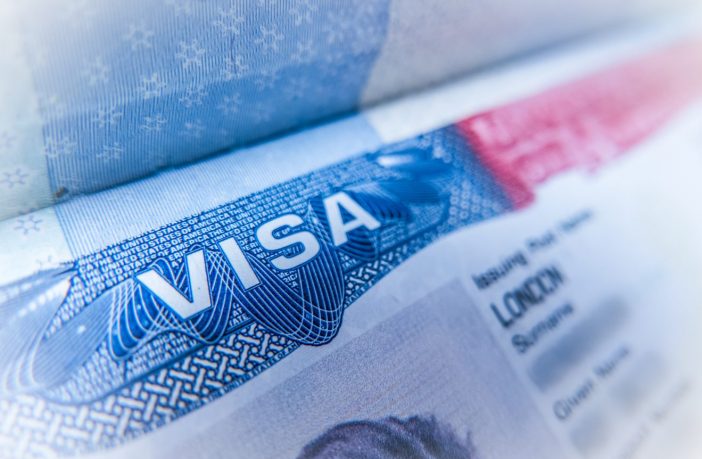Recently, the holder of a nonimmigrant H-1B work visa complained that federal enforcement practices amount to a penalty on small businesses using the program.
Violet Tran, employed at what she describes as a “boutique digital-media and public-relations consultancy in New York,” related that the U.S. Citizenship and Immigration Services questioned whether her employment was necessary.
The USCIS request for evidence (RFE) was one of some 85,000 challenges the agency ordered in the first eight months of this year.
Ms. Tran resents the intrusion, calling it the “functional equivalent of a small-business tax.” She says the inquiry will cost her company “thousands of dollars in legal fees and countless hours to marshal additional evidence” about the firm’s business and her role in it.
She blames President Donald Trump’s talk of “extreme vetting” for the increase in RFEs.
As long as we’re sharing anecdotes, let’s review the H-1B case of a pizza cook named Subhash Tehlan. The foreign national also holds one of those visas supposedly reserved for highly skilled, college-educated workers said to be in short supply here.
Somehow, the pizza chef ducked the heavy-handed USCIS to work for years at a small pizzeria in Pennsylvania. According to the Center for Immigration Studies, those also missing their cues were:
- The U.S. Department of Labor, which granted the Labor Conditions Application (LCA) that set the pizzamaker’s paperwork in motion.
- S. visa officers who were supposed to have had a face-to-face conversation with Tehlan. Even the most casual inquiry about the nature of the job would have raised red flags.
- Airport inspectors, who, upon seeing H-1B visas, customarily ask about the type of employment involved. If Tehlan was in the United States when the application was examined, he would have had to go to the Department of Homeland Security for an adjustment of status.
To top it all off, an administrative judge last month awarded Tehlan $130,000 in back pay for underpayment of wages at the pizzeria.
Far from government Gestapo tactics alleged by Ms. Tran, Mr. Tehlan’s experience points to a multilayered, pass-the-buck bureaucracy where actual enforcement is an afterthought.
With a half-million H-1B visas in circulation – with more exemptions and higher caps demanded by businesses each year — any bets on whose scenario is more typical?





1 Comment
Interesting article and a very complex situation. It appears on top of all he was being abused at the pizzeria ….. part of what the American Dream has been all about ……